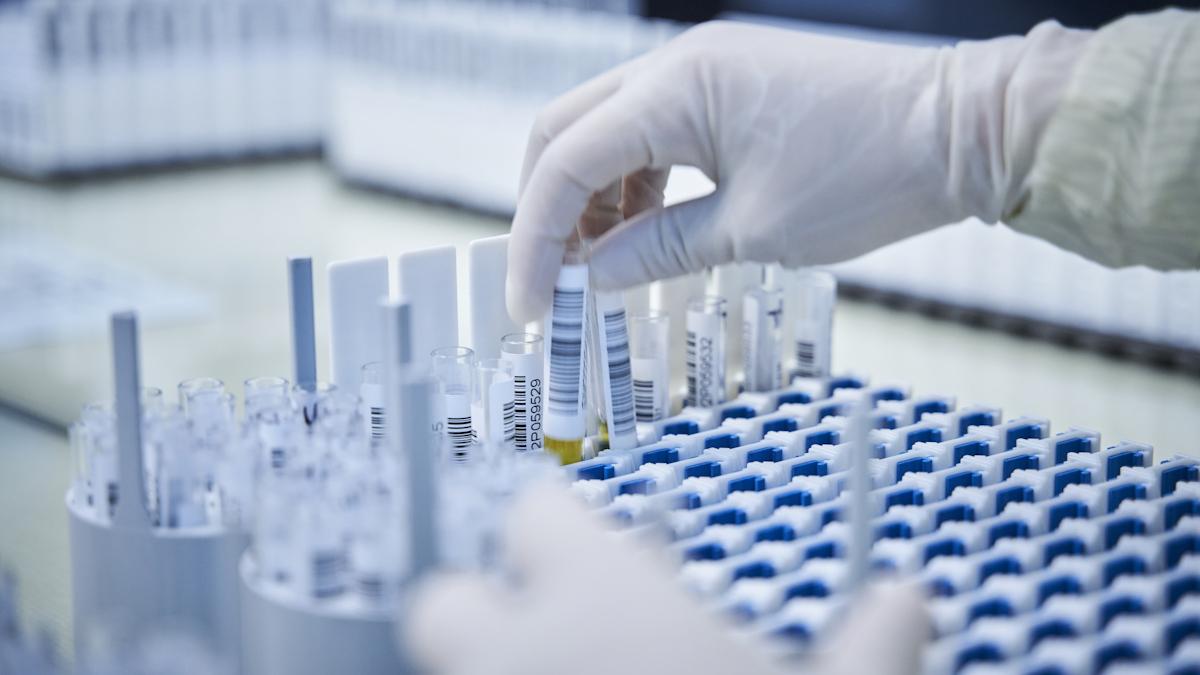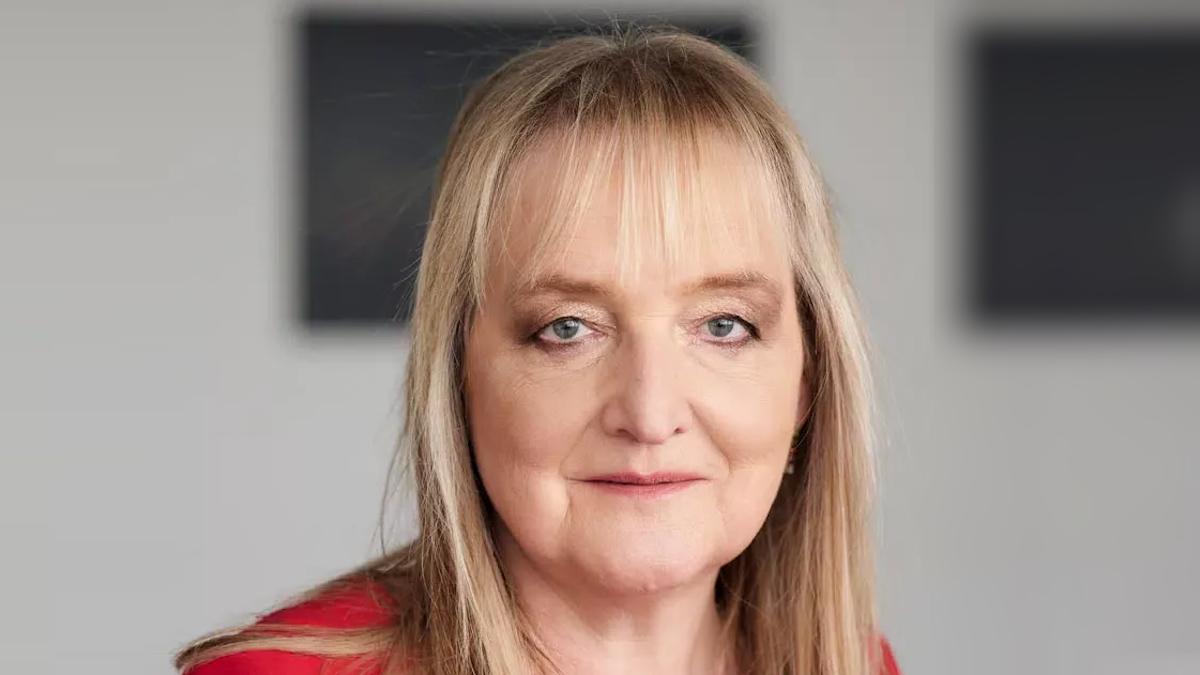Grifols gets $21m award for Parkinson's biomarker hunt

Spanish drugmaker Grifols has been awarded a $21 million grant from the Michael J Fox Foundation to support a pilot study to find biomarkers for Parkinson's in plasma that could help to predict if an individual will go on to develop the disease in later life.
The Chronos PD study will try to find biological signatures in a Parkinson's sample of more than 100 million biospecimens taken from Grifols' own plasma bank that could point to increased risk of developing Parkinson's years before symptoms develop, as well as potential targets for new disease-modifying therapies.
Barcelona-headquartered Grifols' primary business is the production of blood plasma-derived products, operating a network of plasma donation centres across North America, Europe, Africa, the Middle East, and China. The plasma is used to make medicines, but also provides samples that are connected to anonymised real-world health data covering thousands of disease states.
Studying the changes in the plasma proteins could provide early warning signals for a host of diseases, and the MJFF donation will help accelerate that work in the Parkinson's arena.
At the moment, doctors use a combination of a patient's medical history, physical examination, and brain imaging tests to detect Parkinson's, but that can take years and – by the time a diagnosis is given – the disease has progressed and it is harder to treat.
Biomarkers could allow an at-risk individual to make lifestyle changes that might slow down the onset or progression of the disease and receive treatment as early as possible.
The $21 million award will fund a pilot study to analyse longitudinal plasma samples covering a period of up to 10 years, "offering an uninterrupted look at [Parkinson's] evolution at a molecular level over a long period of time," according to a fact sheet on Chronos PD, distributed by Grifols and the MJFF.
The Spanish drugmaker's Alkahest subsidiary, which specialises in the use of artificial intelligence and integrative analysis of multiomics, will lead the initiative.
Dr Jörg Schüttrumpf, the company's chief scientific innovation officer, said the programme "leverages Grifols' one-of-a-kind storehouse of well-preserved plasma samples, the most comprehensive technology platforms, and [...] unique plasma proteomics expertise."
"Our vision is that this platform continues to grow in terms of knowledge, partnerships, and its ability to help society advance in fighting some of the world's most pressing public health challenges," he added.
Other research groups are also trying to find biomarkers that could generate a simple blood test for Parkinson's risk, including a team at University College London and University Medical Center Goettingen in Germany, which last year published a study on a panel of eight protein biomarkers that seem to correlate with the severity of Parkinson's symptoms.
Meanwhile, progress has recently been made with tests that measure a protein called alpha-synuclein in cerebrospinal fluid (CSF), although, they require an invasive lumbar puncture, and a peripheral blood test would be much simpler.












